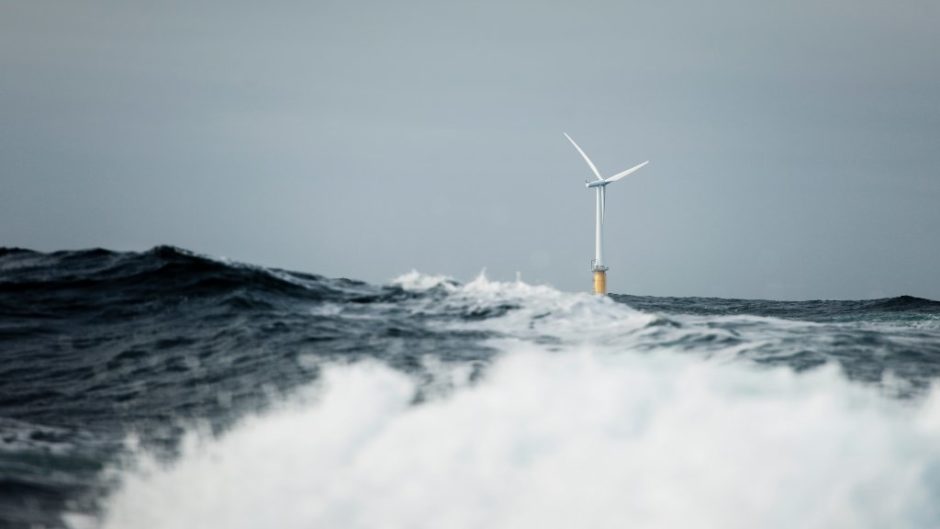
UK offshore wind workers could soon be kept safe using a remotely operated search and rescue service.
Offshore Survival Systems, of Edinburgh, has received UK Government funding to develop its “first of a kind solution” designed to save lives at sea.
The search and rescue service will use a network of semi-autonomous unmanned rescue vessels (URVs).
It will be aimed primarily at supporting UK workers in the offshore energy industry, who have to deal with high wind speeds and wave heights while working far from shore.
The “transformative” project is one of 38 awarded a share of £7 million by Westminster to accelerate robotics and advanced technologies.
Funding winners were announced by science minister Amanda Solloway on Wednesday at the 2021 Robotics and Artificial Intelligence Industry Showcase.
Ms Solloway said: “We are throwing our weight behind the most transformative technologies because innovation is at the very core of our plans to build back better from the pandemic, drive productivity and grow the economy.
“From a first of its kind automated rescue service for UK offshore energy workers, to drone technology delivering for our NHS, these robotics technologies could be game changing as part of our continued efforts to tackle global challenges – from pandemic preparedness to climate change – all while cementing the UK’s status as a science superpower.”
Other initiatives to receive funding include Digital & Future Technologies, an electronics firm in Colchester, Essex, working to help healthcare workers to tackle COVID-19 and future pandemics.
Through the use of automated drones, the business will load and unload its own cargo, ensuring that vital healthcare gear can be delivered to hospitals at speed.
Located across the UK, the projects will help to transform key industries and sectors – from life sciences to offshore energy – by making them safer and more productive.
The funding forms part of the government’s commitment to invest in ground-breaking research and raise economy-wide investment in research and development to 2.4% by 2027.
Andrew Tyrer, challenge director for the Robots for a Safer World challenge, said: “The funding is crucial to widening the scope of our work and reach out to innovative designers not captured by our previous competitions. With net zero ambitions underlying industrial plans in every sector, and the chance to rebuild new industries after the pandemic, robotics, AI and automation are vital ingredients for the future.”
Recommended for you

